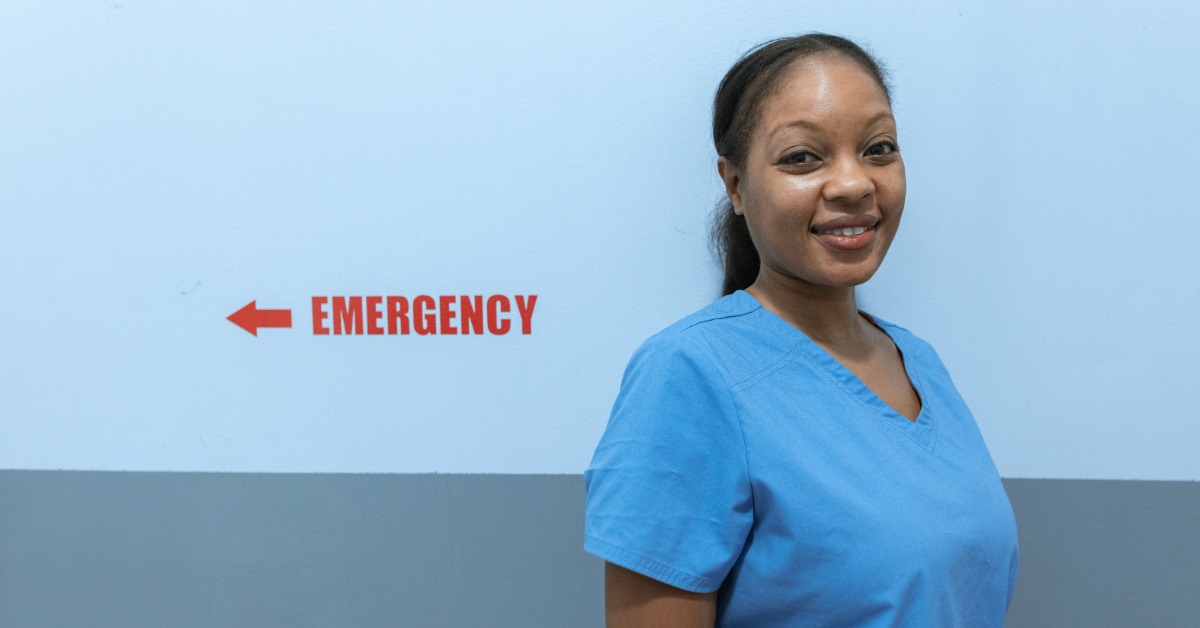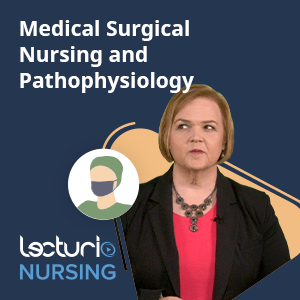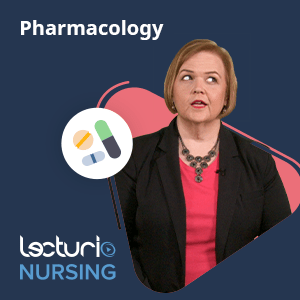Even if it’s not your first time doing it, choosing a career is a big decision. When it comes to becoming a nurse, this decision can be tied to years of schooling, significant student loans, and a complete lifestyle overhaul.
Nursing: The Good, the Bad, and the Unknown
Less than three years ago, I left my career as a translator and copywriter to pursue a BSN (Bachelor of Science in Nursing). As I had already graduated from university and was about to turn 30, I had more time to agonize over that decision than most: I had no deadline for declaring a major and nobody to answer to but myself.
On the other hand, I had many healthcare workers in my inner circle. They shared their honest experiences with me, which played a massive role in my decision. However, ultimately, I took the jump on my own.
If you have been thinking about nursing school or ever uttered “Is nursing school for me?” within hearing range of your smartphone, then chances are you are seeing a lot of nursing-related content these days. This content could include nursing TikToks and apparel and accessories lines interspersed with blog posts produced by nursing schools, quietly leading you to the “Apply Now” button.
This makes the pros of nursing easy to find.
What makes nursing a great choice?
From a professional perspective, nursing offers several perks that are hard to find in other professions.
Lots of jobs
Job prospects are good, as a well-publicized “nursing shortage” allows many experienced nurses to basically pick and choose where they want to live. Combine that with the option of rotating schedules or flexible shifts, and you’ll be getting remarkable freedom for a salaried professional.
Attractive salaries
Although they earn less than doctors or physician assistants, the average nursing salary still promises a comfortable living in most US cities. A nurse’s scope of practice is pretty broad, so if you take the time to specialize or to pursue a Masters’, you can earn more than US $100,000 per year.
Public respect and appreciation
According to Gallup, nurses have been ranked as the most trusted profession in the United States for nearly 20 years. A big reason is that nurses are in a very visible caregiving position: when sick or in pain, most people can remember at least one nurse that helped make it more bearable.
Over the last year, the profession has also received an unprecedented level of public appreciation. It’s nice to see when others recognize a nurse at the checkout lane and let her go through first.
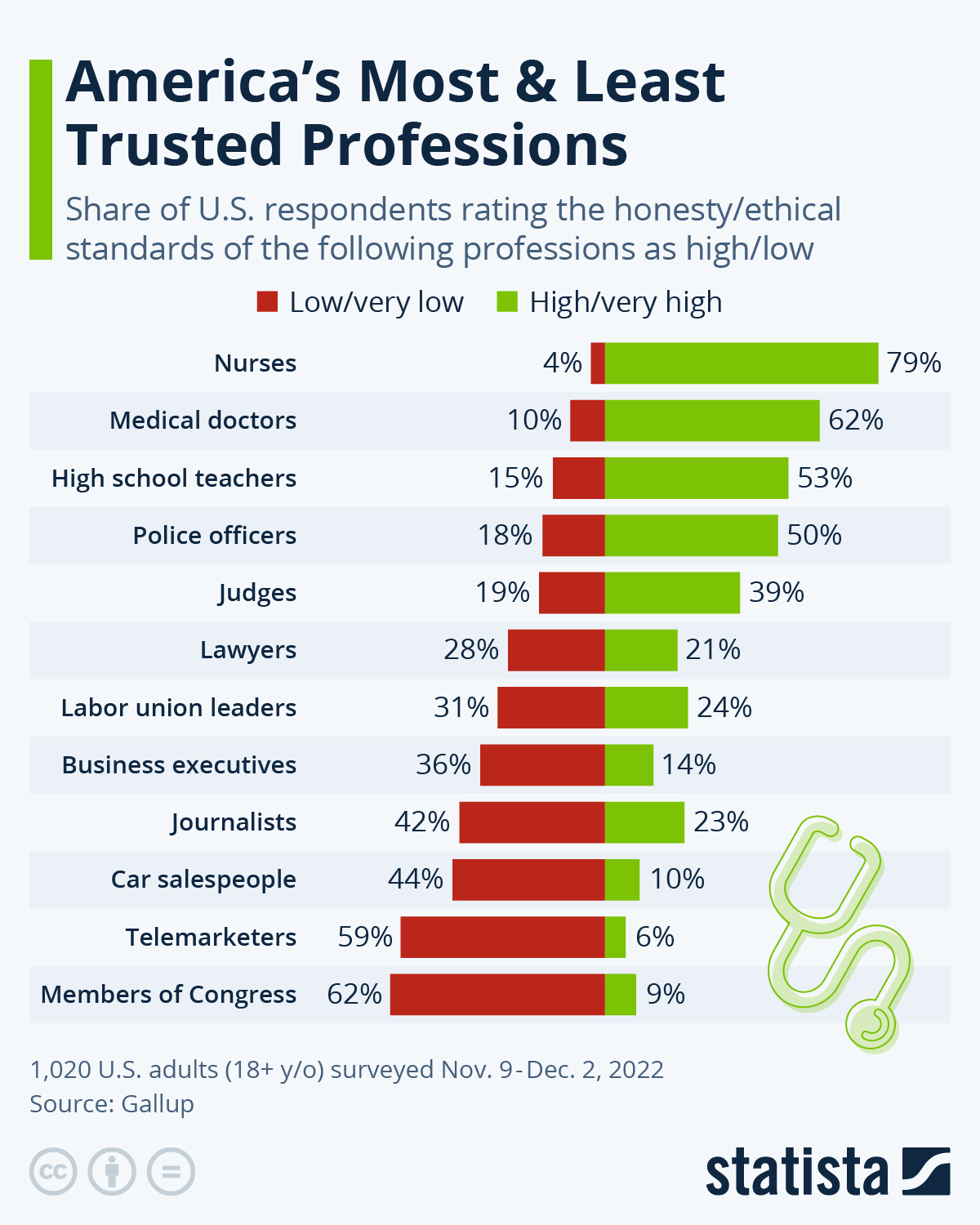 You will find more infographics at Statista
You will find more infographics at Statista
The feeling of making a difference
You can’t really measure the most significant advantage of nursing in dollars per hour.
Perhaps the most rewarding side of becoming a nurse is that you will get opportunities to help others daily. You will take care off them to the best of your knowledge and ability – and hopefully, most of the time, you will also be able to see the tangible results of your efforts, which can bring an unmatched sense of purpose to your life.
The other side of the coin – Why is there a nursing shortage?
Good money, lots of jobs, and social appreciation. That sounds like a sweet deal, right?
In truth, if everything were rosy in the profession, we would not have a nursing shortage. Granted, part of this shortage is the result of people aging and being more likely to have chronic illnesses than 40 years ago, which increases the demand for nurses.
On the other side of the river, the supply is also diminishing. Even before the pandemic, many nurses were leaving the profession within two years of graduation.
It’s physically demanding
Despite requiring an advanced degree, nursing is very much a physical job. Lifting patients, walking endlessly, and dealing with violent or agitated people are all physically demanding tasks. So far, on my clinicals, I have not seen a single nurse over 35 who finished her shift without sore feet (in the best of cases).
Workloads are increasing
As staff shortages increase, many hospital floors are now permanently understaffed. Units where you used to have four patients per nurse now have six or eight patients per nurse. Other allied healthcare professionals, such as techs or physical therapists, are also leaving healthcare, which forces nurses to fill their shoes and take on additional tasks they are unfamiliar with.
Burnout
Even the psychological satisfaction of helping people comes at a price: eventually, many nurses feel like they no longer have any emotional energy left to connect with their patients. Up to a third of all nurses experience burnout at some point. More than 65% of all nurses leaving the profession state that burnout is the primary cause driving them away.
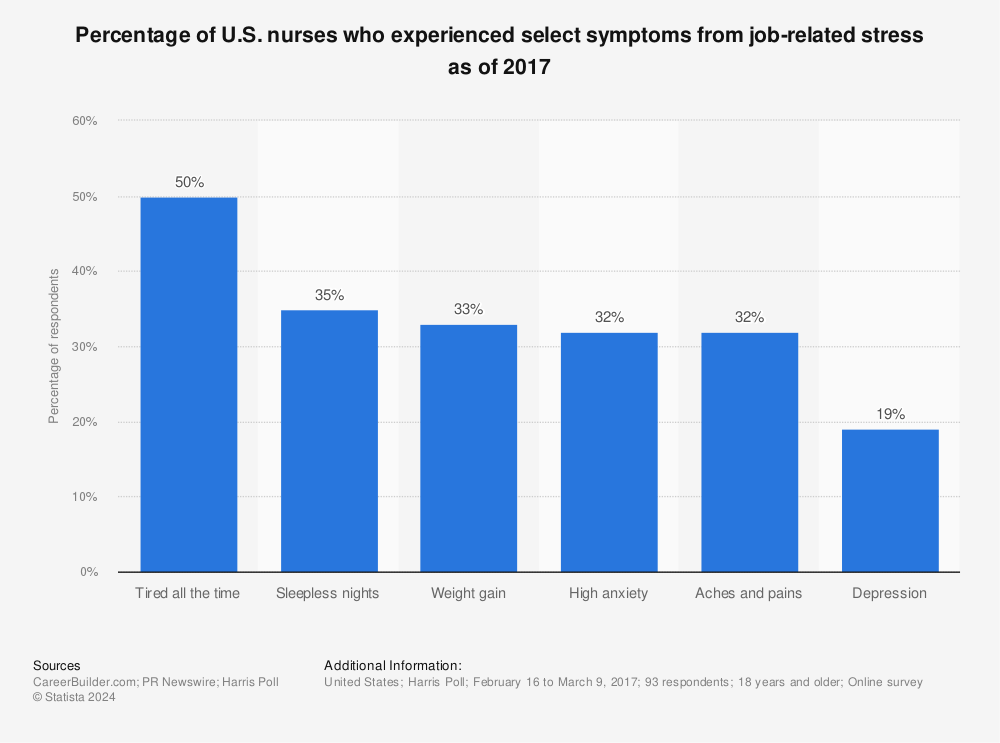
Find more statistics at Statista
Studying nursing has never been easier.
Set yourself up for success with Lecturio.
Heading into the unknown
So does the good make up for the bad? A lot of it will depend on where you end up working.
Just like the healthcare industry, the nursing profession is changing rapidly. Treatment guidelines are being constantly updated. Partly due to the pandemic, telehealth is now becoming more mainstream, which will lead to more opportunities for independent practice, as long as you are able and willing to continue in school and become a Nurse Practitioner.
For hospital nurses, the future could include less-staffed hospital floors filled with sicker patients – or the complete opposite.
Ultimately, the answer to “Should I become a nurse?” will depend on whether you feel you will be a good nurse and if it will make you happy for the long term.
Is Nursing for Me? 7 Questions to Consider
Here are seven questions to ask yourself when deciding whether to become a nurse. There is no right or wrong answer, and you’re bound to find a nurse who gives an unconventional response to most of these questions! So take them as reference only.
1 – Are you interested in health care?
Or even better – have you always been?
One of the most common reasons many of us first consider nursing is that we were always fascinated by the hospital environment.
Nursing will require you to spend up to 12 hours at a time inside a hospital. From what I’ve seen so far, hospitals tend to develop a solid internal culture with their own slang and social cues. So make sure you are comfortable with that environment!
2 – How do you feel about spending the day around people?
Beyond specific research-based positions, most nursing jobs will require you to talk to people constantly. What’s more, most of the people will likely be in pain, distressed, or confused – and they will be looking to you for answers.
The happy nurses I have met so far tend to be people who:
- Are good at thinking on their feet
- Like switching tasks constantly
- Enjoy feeling needed
- Are touchy-feely
- Like blending into the background rather than seeking the spotlight
- Like getting to know new people
- Feel compelled to stand up for the “little guy”
Not all of these traits are absolutely necessary at all types of hospital units. Most online resources also list extraversion as a valuable quality for nurses, but I know many nurses who are introverts too.
3 – How okay are you with unpleasant people?
I will be blunt here: if you are taking an oath to help everyone to the best of your ability, at some point, you will be comforting someone who is simply a horrible person.
Depending on where you end up working, this might include violent criminals, abusive patients, openly racist family members, or even just rude people.
During my first clinical rotation, I helped a Certified Nursing Assistant (CNA) change the dressings of a patient who we knew had assaulted an EMT previously. We had to have a security guard standing behind the door just in case, and the patient continuously threw sexually charged comments at me.
It was hard to keep a neutral face. Fortunately, the CNA stayed with me, made sure the guard was paying attention and refused to leave me alone with the patient. Once I become a real nurse, I will have to deal with them on my own without snapping.
4 – Are you okay with blood, sweat, and feces?
Not all nursing jobs are bedside jobs. If you find your way into research, public health, or become a school nurse, you might not have to deal with bodily fluids on a daily basis. Still, to reach these positions, you will need to survive nursing school, followed by a couple of years of experience on a hospital floor.
If you are squeamish, those will be miserable years.
5 – How do you handle pressure?
Many routine procedures done by nurses are risky if done incorrectly. On most days, your ability to stay calm and react quickly can make the difference between “just a scare,” a “near miss,” or “serious long-term injury.”
That’s a tremendous amount of pressure to deal with. Most experienced nurses can tiptoe between life and death without skipping a beat, but it takes years of practice to reach that point.
Nursing also comes with a lot of emotional pressure. Dealing with pain and suffering every day requires resilience. Some nurses get burnt out or just become desensitized to it.
6 – How academically oriented are you?
Is it hard to become a nurse? Yes, especially if you have always shied away from math or science-related subjects. I’ve always been a straight A-student, but humanities and languages were my strongest areas. Some days, I still question whether I am just too tired – or if I am smart enough – to become a nurse.
Nursing is as much about empathy and compassion as it is about science. Before reaching nursing school, you will have to complete several hard science prerequisites, such as chemistry or anatomy and physiology.
Once you start nursing school, you will have two types of classes – those that require you to memorize a lot of information very quickly (like pathophysiology or pharmacology) and those that routinely test your critical thinking skills (basically any of the others).
After completing all your coursework and clinicals, you will still need to pass your licensure exam (NCLEX). That’s another can of worms that I am not looking forward to!
Take the Course: Med Surg Nursing
Learn all you need to know to provide advanced patient care.
Take the Course: Pharmacology
Confidently tackle one of the toughest topics in nursing school.
7 – Are you up for graduate school or continuing your education?
Most of the best-paid and cushier nursing positions will require you to continue training beyond your BSN. Many hospitals will offer tuition refunds and special loans to help you gain additional qualifications, but you will still need to pass the classes and the extra licensure exams.
Even if you are happy staying on the hospital floor forever (and why not?), continuing education requirements are becoming stricter all around. Also, healthcare is constantly changing: as new evidence arises, we modify our “best practice” standards and routines. If you want to provide the best possible care for your patients, you will need to retake that seminar or update how you perform specific procedures.
Conclusion
Deciding whether nursing is for you will take a lot of introspection. As a career, nursing offers vast growth opportunities, but they come at the price of long hours and lots of studies. Some people thrive in healthcare and like staying busy and feeling needed – and if you are one of them, nursing may be an excellent choice for you.
